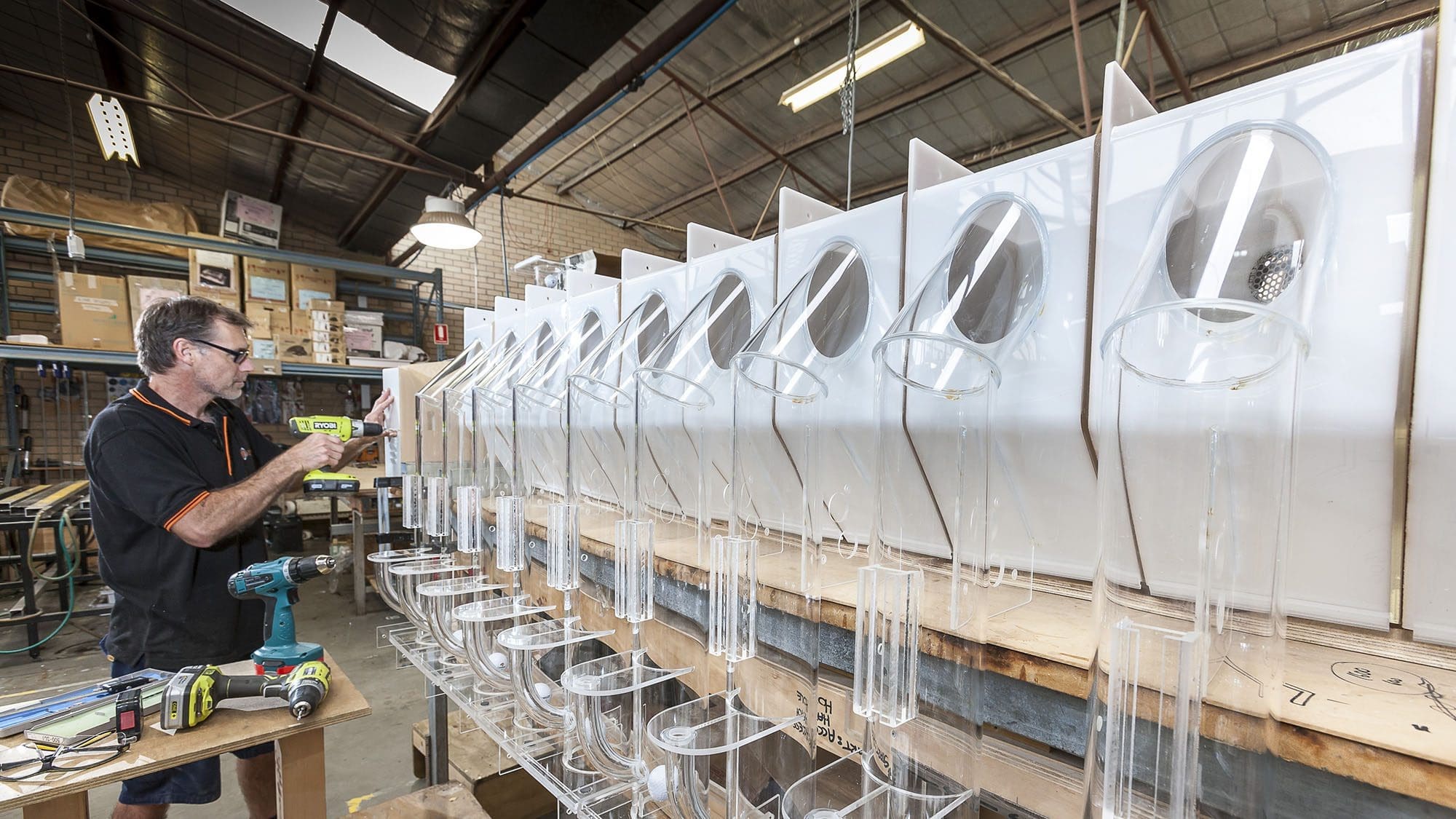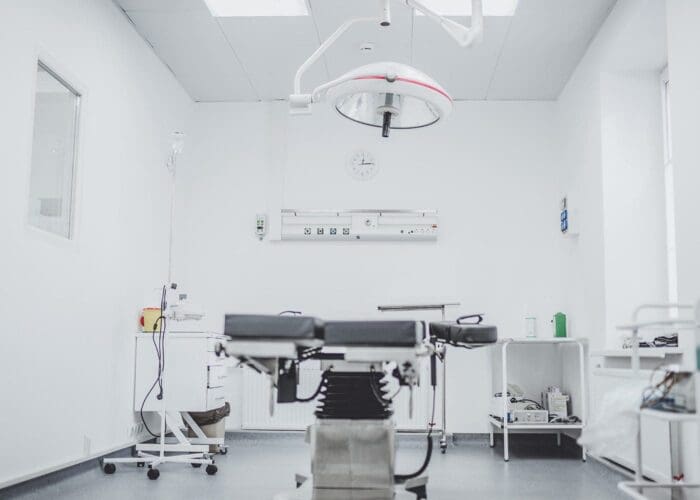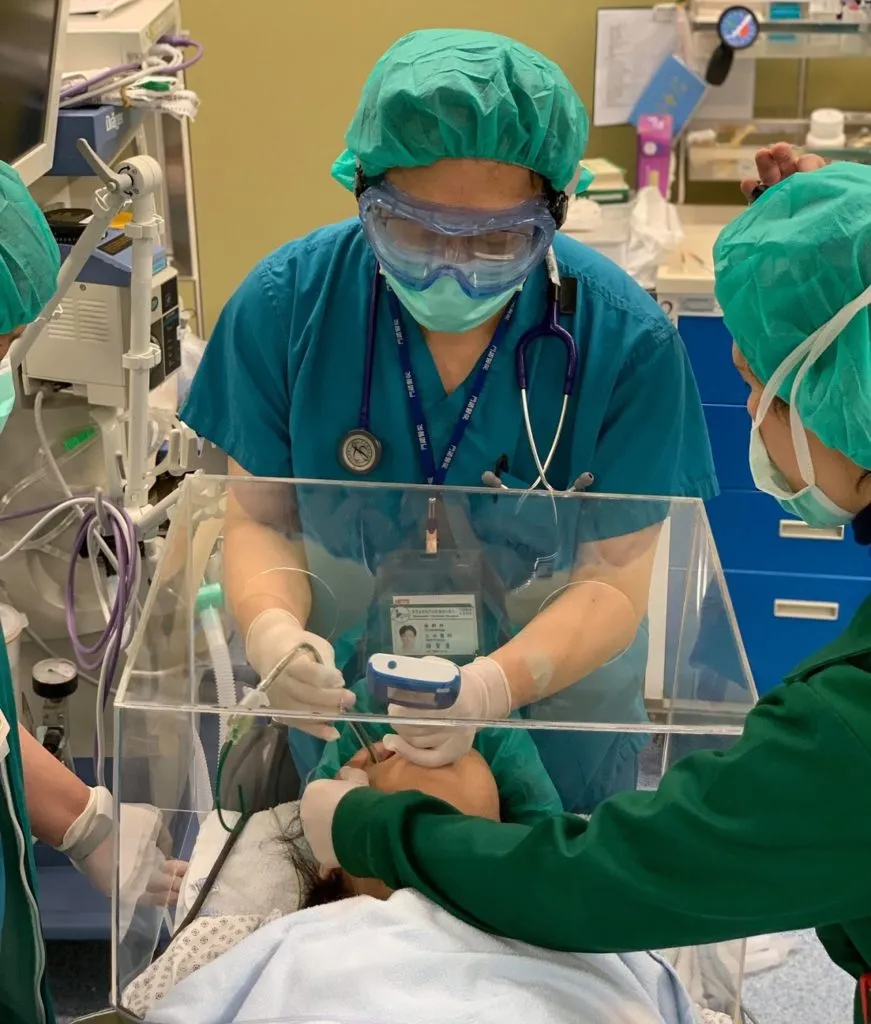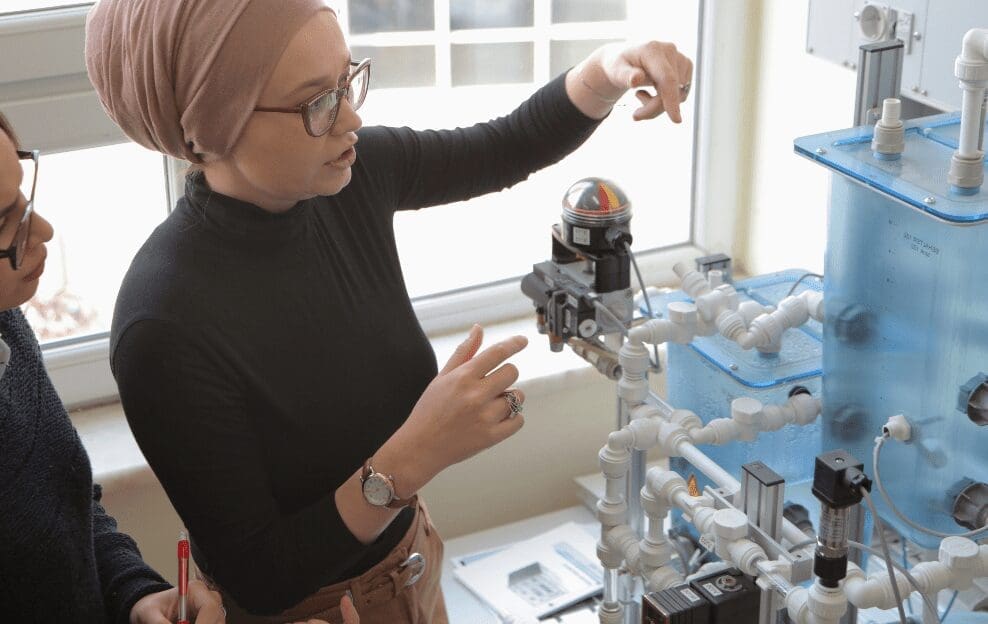

Quality plastic provides hygiene, safety and versatility in hospitals.
Plastic was a revolutionary discovery for the medical world. Not only does it ensure greater patient and staff safety, but it also helps create a more sterile environment for surgeries and procedures. Plastics are used for large and small items throughout hospitals, from baby bassinets and surgical gloves to diagnostic medical machinery.
The use of performance plastic in operating tools and equipment also prevents complications arising with other machines in the room – for example, before plastic was introduced, MRI machines attracted nearby metal objects with their magnetism. Thanks to plastic, this is now longer a problem. Today, high-tech polymers are the preferred material used within hospitals for devices, tools, machines and implants, because they are more lightweight and offer better biocompatibility (reduced chance of bodily rejection or infection) at and a lower cost.
Lightweight, hard to break, easy to sterilise – ultimately, it’s the people who benefit the most from the use of performance plastic in hospitals.
Here are just some of the useful plastic products we’ve seen being used in healthcare industry. Do you need custom plastic products for your project or application? Get a quote online or call us on (08) 9353 3477.
Get a QuoteAerosol Box
Designed to slip securely onto hospital beds, the aerosol box is made from acrylic or transparent polycarbonate sheet. It covers the head of patients to help prevent the spread of infected droplets.
The box can be cleaned and disinfected with bleach after every use. It’s an eco-friendly and cost-effective addition to any hospital or GP clinic.

Exactly how do plastics help?
Long life performance plastics which are durable, re-usable, light and easy to sterilise help reduce medical costs, lowering the fees we pay every time we go to hospital.
They also improve safety and reduce the risk of contracting infectious diseases. For example, high-tech polymers used in artificial limbs reduce the risk of infection for amputees, while tamper proof bottle caps keep children safe from harmful drugs.









